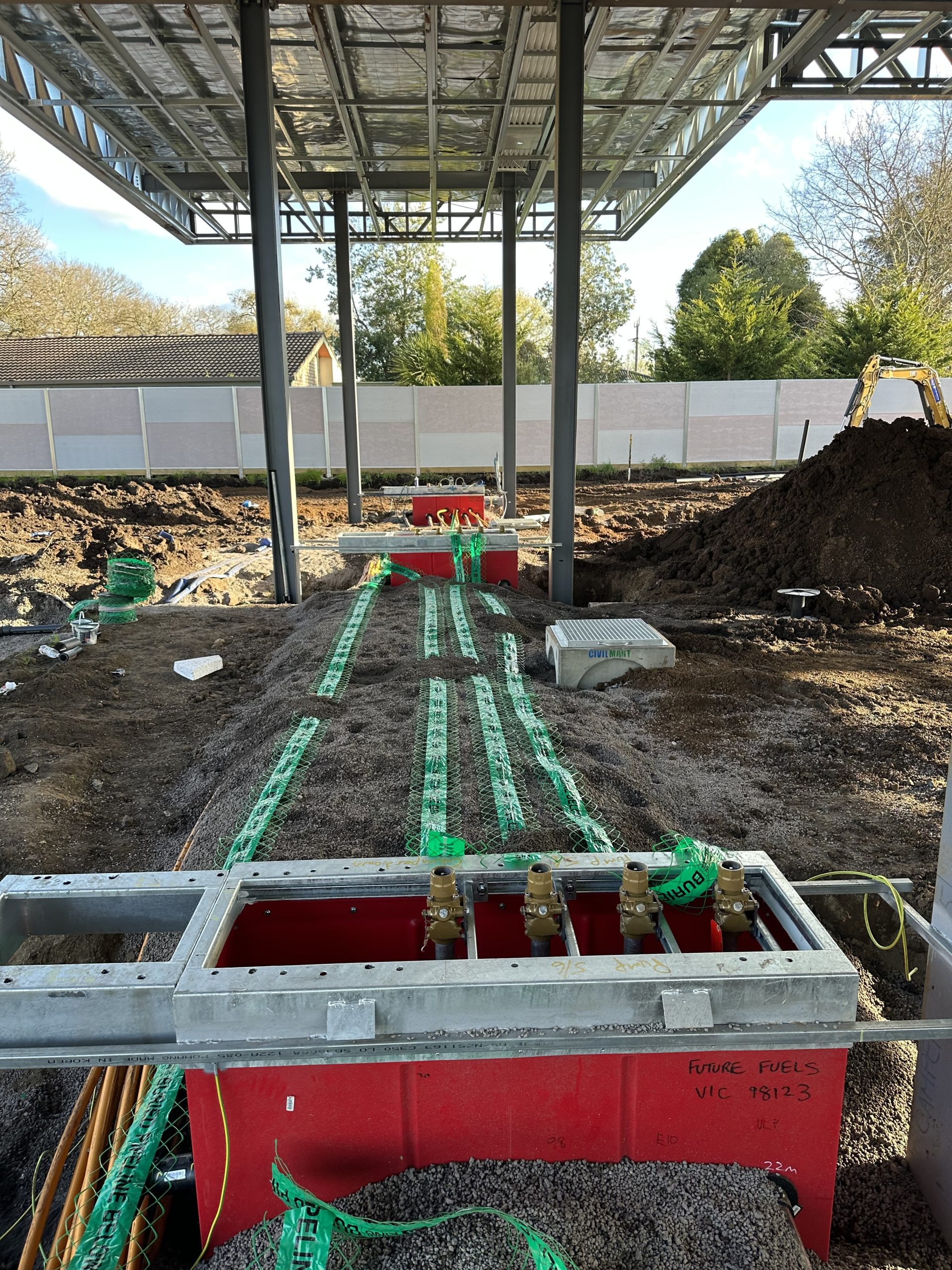Fuel System Commissioning for Industrial Generators: Compliance, Safety & Efficiency
15 April 2025
Fuel system commissioning by Future Fuel Services ensures compliance, efficiency, and safety for industrial generators, enhancing performance.
Regulatory Compliance in Fuel System Commissioning
Regulatory compliance in fuel system commissioning for industrial generators involves adhering to industry standards and environmental regulations, such as those governing emissions of nitrogen oxides (NOx) and particulate matter (PM). This ensures that fuel systems meet safety protocols and are calibrated to optimise performance while minimising environmental impact.
Compliance is achieved through rigorous testing and inspection processes, including verification of fuel flow rates and pressure settings. These processes ensure that fuel systems operate within specified parameters, such as maintaining a stable fuel-to-air ratio, to prevent non-compliance and penalties.
Safety Checks During Fuel System Commissioning
Safety checks during fuel system testing for industrial generators are essential to prevent accidents and ensure safe operation. Leak detection and ventilation checks help identify fuel leaks and prevent the buildup of hazardous gases, reducing risks to personnel and the environment.
Emergency shutdown testing ensures that industrial generators can be safely turned off during emergencies such as fuel leaks or system malfunctions. This process minimises potential damage, protects equipment, and ensures the safety of workers in critical situations.
Optimising Fuel System Commissioning for Efficiency
Optimising fuel system commissioning involves implementing best practices to improve fuel flow and reduce emissions. Here are some strategies for optimising fuel system testing:
• Improved Fuel Flow: Optimising fuel flow ensures that generators receive the right amount of fuel, enhancing efficiency and reducing waste. Properly calibrated fuel systems prevent overfueling, which can lead to inefficiencies and increased emissions.
• Emission Reduction: Implementing emission-reducing technologies during commissioning helps meet environmental standards. This includes using cleaner fuels and ensuring that systems are designed to minimise emissions.
• Generator Performance Enhancement: Regular maintenance and performance checks during commissioning ensure that generators operate at peak levels. This involves monitoring for any issues that could affect efficiency or safety.
• System Calibration: Calibrating fuel systems to match generator specifications ensures optimal performance. This process involves adjusting settings to achieve the best possible fuel efficiency and output.
• Energy Efficiency Measures: Implementing energy-efficient measures during commissioning can significantly reduce operational costs. This includes using energy-saving technologies and optimising system design.
• Continuous Monitoring: Continuous monitoring of fuel systems post-commissioning helps identify and address any issues promptly. This proactive approach ensures that systems remain efficient and safe over time.
Delivering Comprehensive Fuel Solutions with Future Fuel Services
Fuel system commissioning is integral to ensuring compliance, safety, and efficiency in industrial generators. Future Fuel Services is renowned for its expertise in fuel system testing, providing comprehensive solutions that enhance the performance and reliability of industrial generators.
Review our portfolio to see how we deliver exceptional workmanship in fuel-related services for various industries in Australia.
Consider this related blog for additional information: Fuel Pipework – Installation and Commission Testing for New Petrol Stations
Acquire additional information with this content: Commissioning Procedure for Diesel Generator
Optimized by: Netwizard SEO

